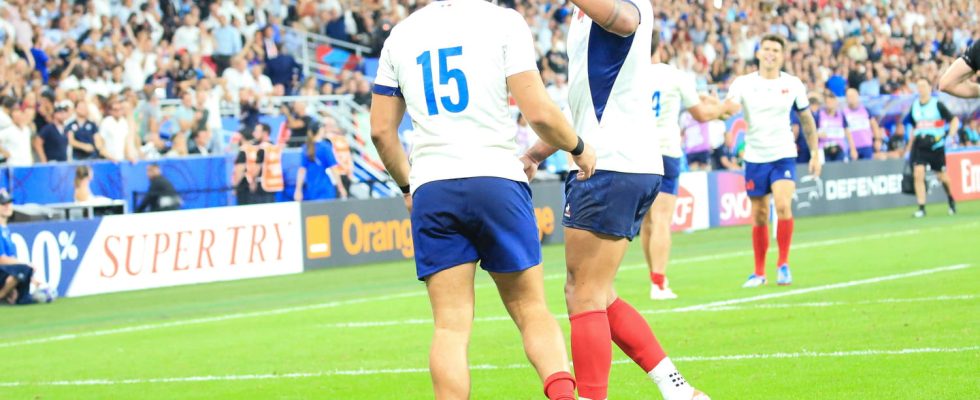New edition of the 6 Nations and new rule in the world of rugby.
The 2024 6 Nations Tournament will begin on February 2 with the opening match between France and Ireland. A clash between the last two winners of the competition. This competition, organized every year, brings together 6 European selections which compete in a sort of mini championship as do the nations of the Southern Hemisphere with New Zealand, Australia, South Africa and Argentina for several years during the Rugby Championship. The order and reception of matches are the only changes from one year to the next.
For this 2024 edition, France, England, Ireland, Wales, Scotland and Italy, the six countries participating in the 6 Nations, will however tackle something new on the jerseys with the appearance player names on the back of the tunic. A real revolution for rugby, which until now had not succumbed to this practice, although it has been common in football or basketball for several years.
If certain nations and even certain rugby clubs have already tried here and there to display the names, this is the first time that a major competition has imposed it. The information came from the British daily The Telegraph which reported, Tuesday January 9, that the federations of the 6 Nations Tournament have agreed to print the names of the players on the back of the jerseys in order to attract a “new audience”.
This decision caused a lot of reaction in the community and for good reason. Unlike football for example, it is common to say that in rugby, the team takes precedence over the players and that we do not want to fall into the starification of the latter. “It’s the very philosophy of this sport: it’s the most collective of team sports,” explains Gilles Navarro, former senior reporter at L’Equipe and follower of the French XV. “The individual is just one among many. We don’t try to highlight him. Obviously, there are some who are better or more media-friendly than others, but these guys, without the group, they can’t do anything.” “The way we see things doesn’t change: at Stade Toulousain, it’s the team first. We don’t want to personalize the numbers, we think of the team first,” explained for his part Vincent Bonnet, marketing director of the Rouge et Noir in comments relayed by RMC Sport.
Wales were the first to try flocking in 2008, during a 6 Nations meeting. England and Scotland tested flocking during their autumn 2022 tour. Last summer, before the World Cup, the French XV played for the first time with this flocking against ‘Scotland.
Finally, flocking will impose a new constraint on Federations and clubs. The No. 10 given to the starting fly half cannot be systematically flocked with the same name, because the latter can change from one match to another, be put on the bench, shifted to another position, or even hurt.
